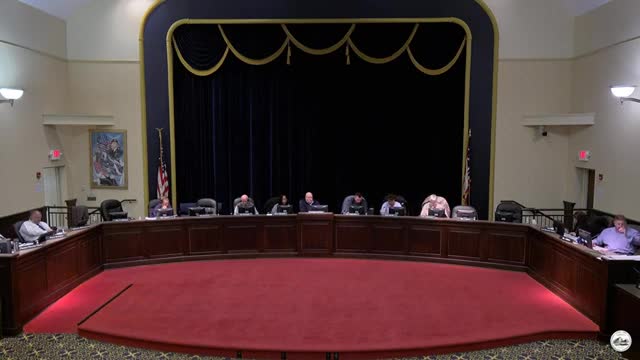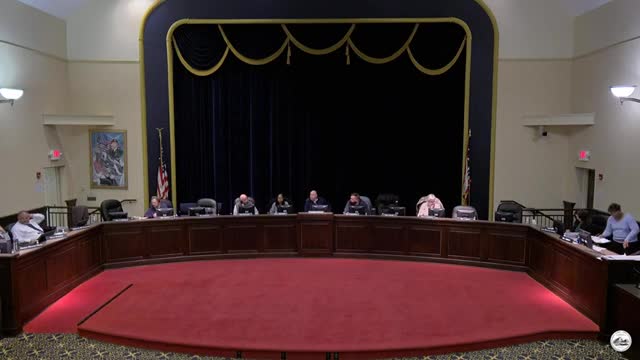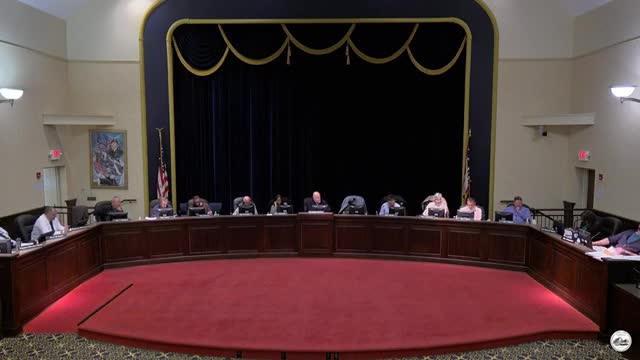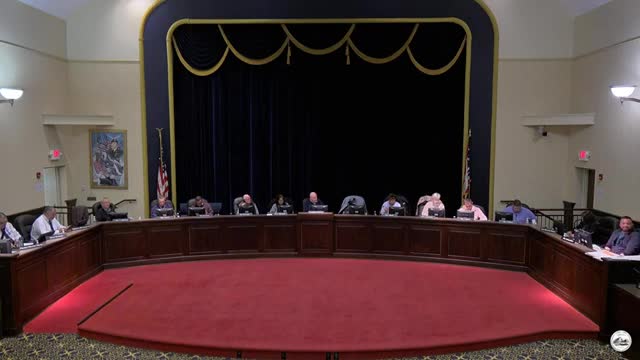Article not found
This article is no longer available. But don't worry—we've gathered other articles that discuss the same topic.

Finance committee authorizes DEFA loan applications and bid advertising for multiple sewer and storm projects; approves legal services agreement

Committees table municipal clerk salary increases after extended debate on authority, budget and retroactivity

Elyria committee forwards Elyria Economic Development Committee recommendations for municipal income‑tax reimbursements

